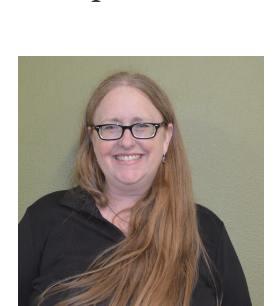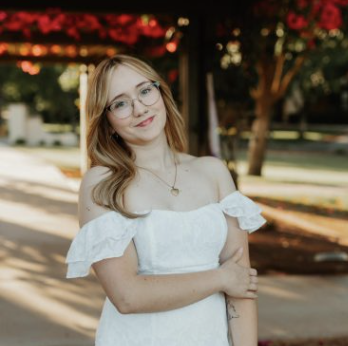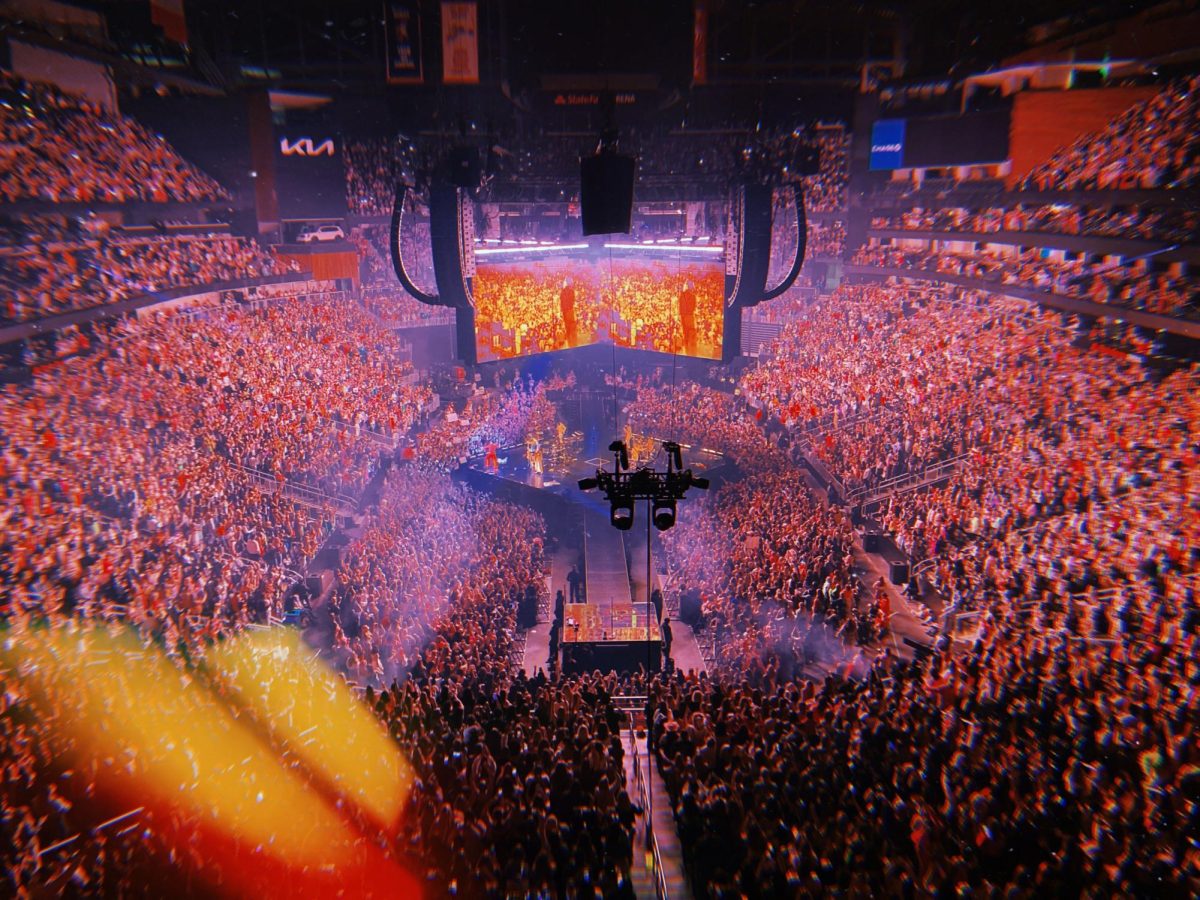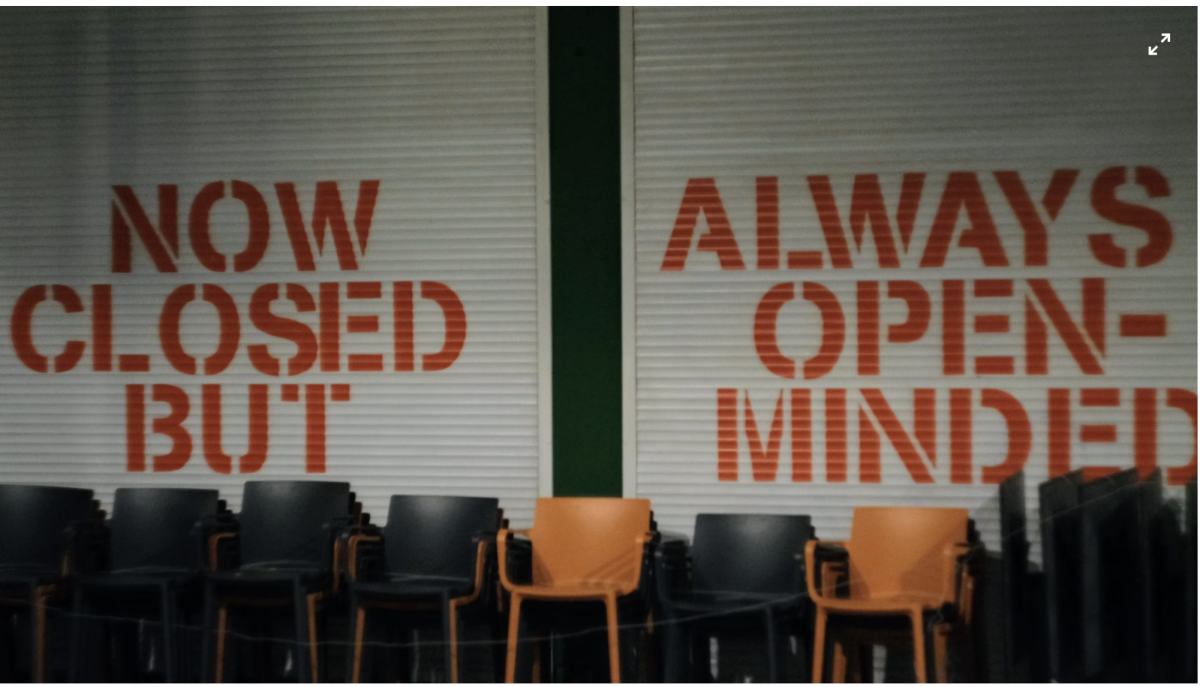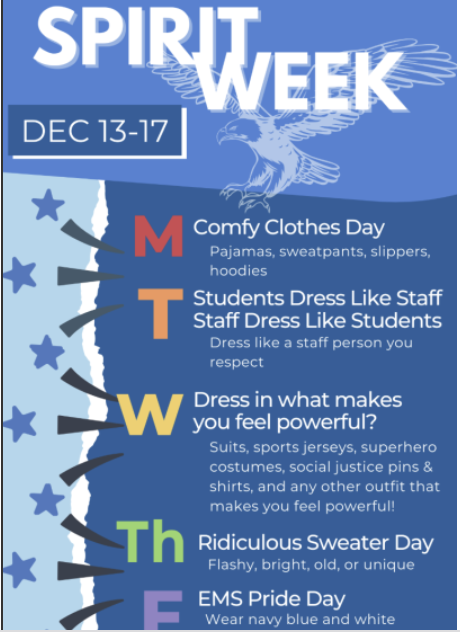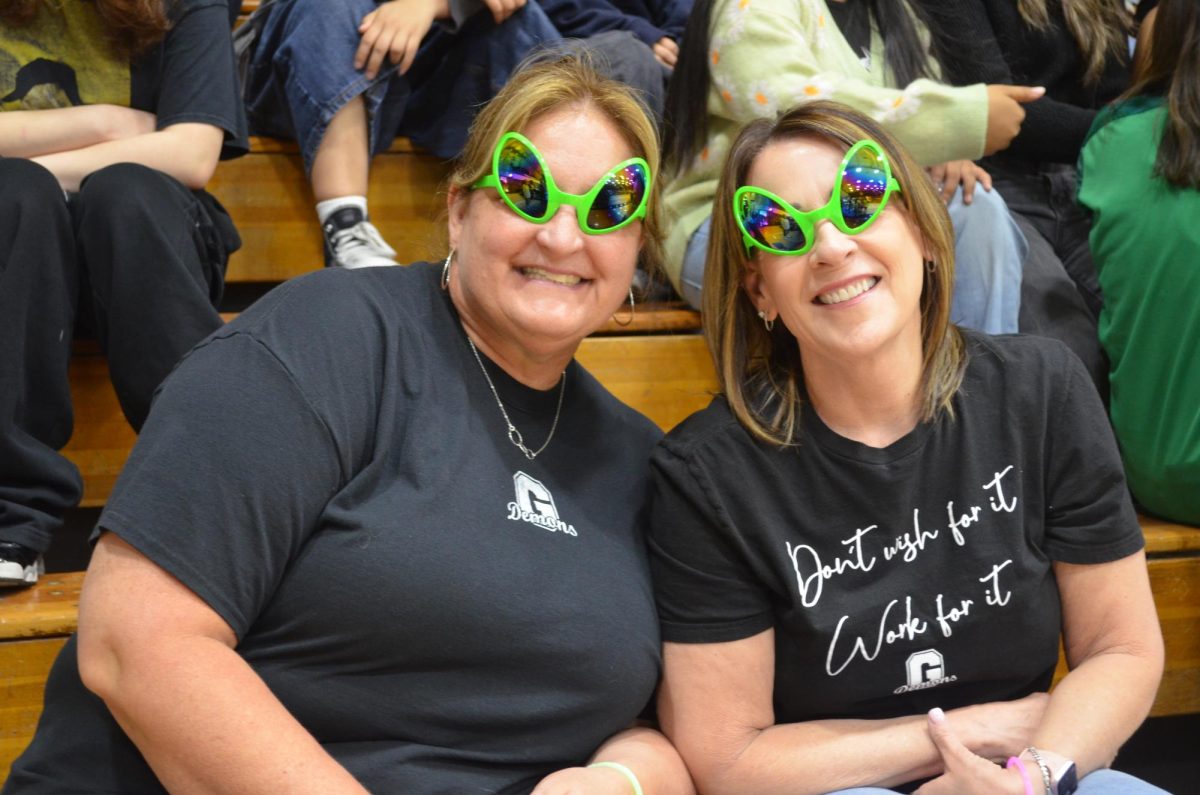
CHILDREN ABHOR BEING CAUGHT IN WAR
Throughout history, children have suffered through the atrocities of war, their fate at the hands of powerful governments that do not have their best interests in mind. Take, for example, the Gulf War.
In 1990, Saddam Hussein, the dictator of Iraq at the time, invaded the country of Kuwait. Ultimately in 1991, the US declared war on Iraq because of the suspicion that Iraq had secret weapons of mass destruction.
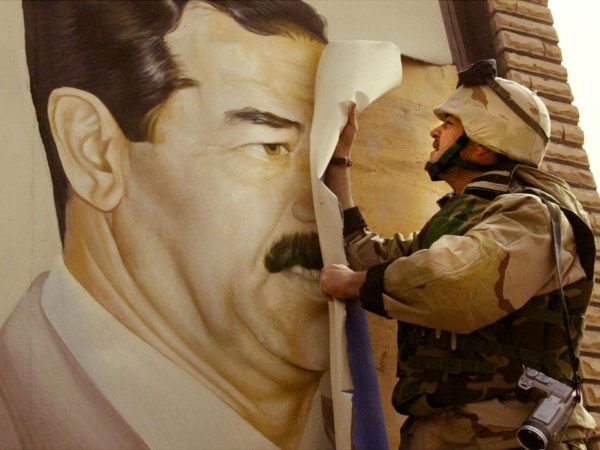
“At the time, I was out grocery shopping with my half-paralyzed father, I briefly noticed planes circling around our village, I stopped thinking as my heart dropped to my stomach, my father told me to run so I ran away and hid, leaving my poor father behind…” Walaa Alkaabi, a survivor of the Gulf War, said.
This takes place in Al-Shanafiya, a small town in the middle of Iraq. Her house, that is located near the bridge, had been left abandoned by her family, and everyone else on the streets was in a panic scrambling around not knowing what was intended to occur next.
“I hid in an abandoned house out of panic, then I heard my older brother calling out for me, so I frantically ran to him. He told me to run to my grandparents house since it was far from the area while he ran to find our father and bring him back safely,”Alkaabi said.
More planes had arrived and everyone had left all their belongings and were hiding in random houses cramped up to escape from the area.
“I ran crying into my grandparents house, where all of my family had gathered in one room. We were all in a panic crying and fearing what would happen next. My older brother arrived with our father on his back, when all of a sudden, a plane dropped a bomb on the bridge. My older brother and father flew into the room from the blast wave. It felt like an earthquake and all I could see was smoke and fire as more bombs fell on the bridge,” Alkaabi said.
In total, around 12 bombs fell on the bridge, causing everything around it to crumble apart.
“I was crouched down and had my hands protecting my head as things were falling on us and windows were shattering. All the men huddled by the open door, so it wouldn’t slam shut on us and leave us trapped, since the door was made of steel. The strikes went on for about 2 hours but it felt endless to me. Everyone around me was screaming and on top of each other. Feeling like we would die at any given moment,” Alkaabi said.
Around 30 people were estimated to have perished, just that night alone.
“Around 15 minutes after the bombs stopped, my uncles came looking for us. When I finally realized what had happened, I saw that my hands and arms were covered with shards of glass from the shattered windows and so did everyone around me, some worse than others. Everyone started to check up and comfort each other, not sleeping that night because of the absolute shock and terror we have just faced,” Alkaabi said.
One of the bombs hit a neighborhood where 7 houses and the people inside were demolished instantly.
“The next day, my father’s close friends came to help us, taking us across the Euphrates river to a faraway farm town where they lived. We lived there for about 1 month until we were sure it was safe for us to go back. When we returned, we found everything around us destroyed and we had to start all over again,” Alkaabi said.
Though she essentially had to restart her life, Alkaabi currently lives in Glendale, Arizona with her husband and 5 kids.
“I still live in fear some days, memories of that night resurfacing once in a while in my dreams, the feeling of the terror and war still leaving a bad taste in my mouth,” Alkaabi said. “That’s why, I think I tend to be a little bit overprotective when it comes to my loved ones. I had everything a little girl could want but in an instant, it was all gone,”
Stories similar to Alkaabi all prove the same message: humanity needs to be less prone to violence and, instead, more peaceful and united as a whole.

